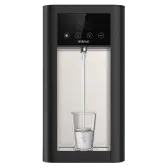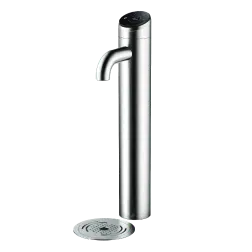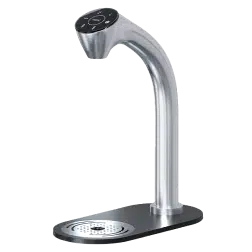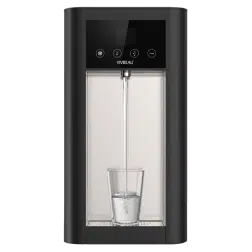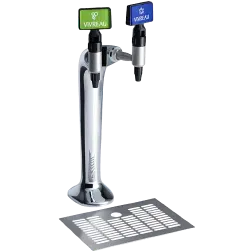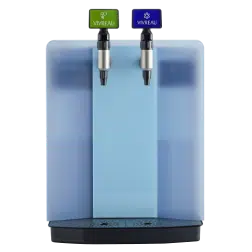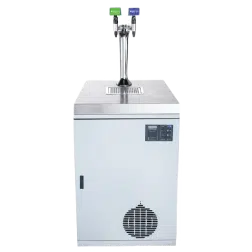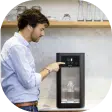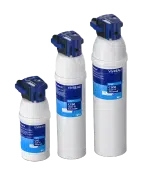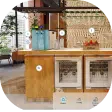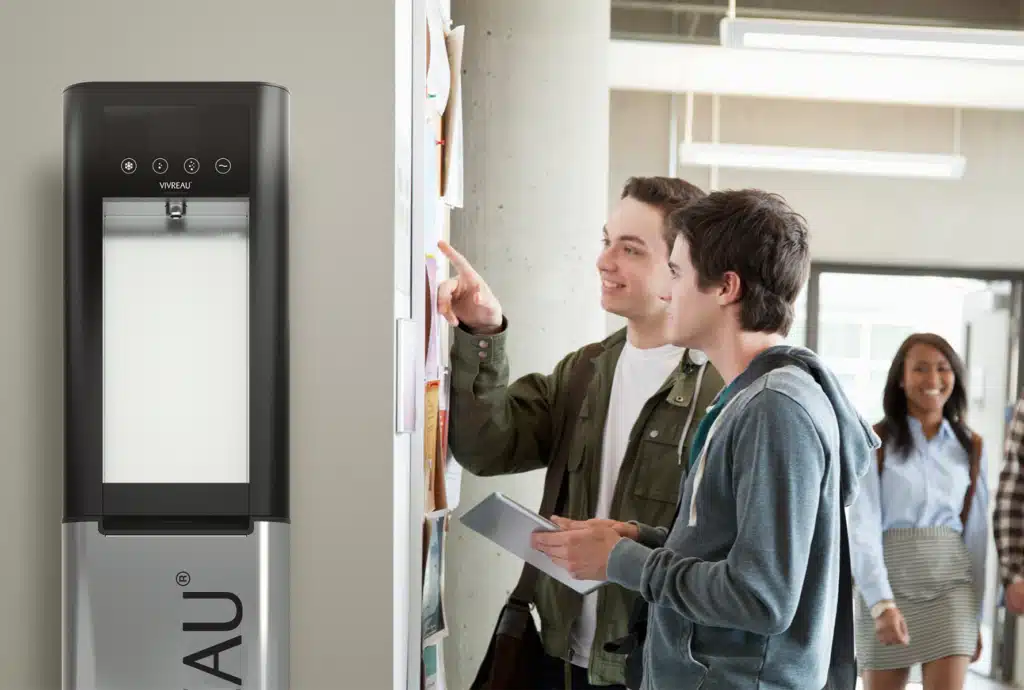Colleges and Universities that want to attract more candidates have an opportunity to reach students through sustainability programs. Recent survey results show that students who care about the environment are interested in schools demonstrating sustainability efforts.
The Full Story
Selective admissions exist for a reason at colleges and universities. Schools of higher education seek students who have a variety of talents to contribute to their institution. However, choosing a college is a two-way street. Those talented students make decisions about their future school as well, selecting a college or university based on their preferences. So, how can schools ensure enrollment and attract students? Delve deeper to discover the prime influences on youths; what makes kids today tick?
Understanding This Generation
History defines each generation by the circumstances that influence those growing up at the time. For Millenials, it’s a simple label that reflects the unique experience that happened with the turn of a millennium; this is a pretty rare occurrence for human existence! But it’s not always so simple. One single event does not often explain an entire generation’s characteristics, and that is true for children growing up today.
To attract the current generation of future students, schools should be sensitive to the information inundating them and find a significant issue that will matter to all. The trick to discovering what makes this group tick is looking at the consistent significant concerns of these young adults. What issue has repeatedly risen to the top of their concerns?
Sharing The Planet
Today’s students are very aware of environmental issues and the effects of humans on the planet. Many undergraduates today worry about climate change, pollution, water scarcity, and many other environmental concerns. Today’s student body cares greatly about the environment.
Recently, Student Voice reported that 81% of undergraduates worry about climate change, according to a survey conducted by Inside Higher Ed and College Pulse along with Kaplan. As Julian Dautremont at AASHE, the Association for the Advancement of Sustainability in Higher Education, describes, “The impacts are no longer going to happen in decades. Things are happening now.”

Environmental concerns were set in motion by generations before. Faced with the inheritance of a damaged planet, students are motivated and determined to participate in solutions. They believe that “the world is ending,” and they want “concrete things to do.” Young adults are ambitious to fix the problems facing them and stop further decline of the environment.
A college or university that addresses the problems facing their students will not only be relevant but attractive to upcoming candidates. Sharing and marketing schools’ sustainability efforts is more must than option. Harness their passion and purpose to create relevant programs, and students will notice.
At Vivreau, we care greatly, too. Our efforts toward sustainability and water conservation align with the generation currently fighting against global environmental decline. We proudly offer products worldwide that combat pollution, reduce waste, and promote reusable resources.
Historically, recycling has been a popular signal that a school cares about the Earth, but today’s students want actions with bigger impact. As Joshua Cline, adjunct professor of the sustainability projects elective course at Franklin Pierce University in New Hampshire, explains, “Recycling is probably one of the least effective actions that can be taken,” and students know this.
To satisfy students’ expectations, schools should focus on other, more productive sustainability efforts. Reducing waste and reusable materials make a measurable difference, and students feel more involved in the efforts; they want opportunities to take actions that matter to the outcome. When students see schools participating in measurable sustainability efforts, they trust that the institution stands on the same principles as them and feel more productive in their goals to save the Earth.

Demonstrable Environmental Activism
So, simply pledging environmental activism is not enough to attract today’s youth. The numbers are growing according to the 2022 Forrester Consulting report that showed “attracting students who enroll based on the institution’s sustainability values is the biggest driver of sustainability as a priority.” In fact, almost half of students from the survey published in the Student Voice consider a school’s environmental sustainability when deciding on enrolling. These students’ motivation to act on behalf of the environment requires schools to participate in the cause to prove commitment. While offering minors in environmental sciences is one way to attract students who care about the Earth, implementing programs on campus that contribute to the environmental protection movement demonstrate a school’s true participation and activism.
Today’s students understand that through sustainability, there is a chance to move the dial forward on saving Earth’s resources. When these young adults shop for a college or university, they are looking for more than just an academic institution. These future students make choices guided by their principles, and they will seek enrollment at a school that fully represents them, one that is academically appropriate and involved in sustainability.
The number one indicator that school’s stand fully committed to sustainability are water bottle refill stations as reported in the Student Voice. Addressing water quality and usage is pivotal to the environmental protection movement. With eight out of 10 students already using refillable water bottles, there is a clear opportunity available to schools who provide water dispensers, hydration stations, and reusable water bottles.

What Vivreau Water Dispensers Offer To Sustainability Programs
When it comes to developing an effective sustainability program, the failure of a public university in Ohio to create a successful composting program offers the following cautionary tale: “[The compost bins] are difficult to locate and are never visible for students to use, which makes composting a nonexisting factor in students’ minds.” As Cline reminds, the problem with recycling is that results are often low-impact, as “only 8 percent of plastic has ever been recycled.” It boils down to a handful of factors that ensure a successful, effective sustainability program: the components should be highly visible; the products must be easy to access; the effects would yield results; the effort leaves an impression; and the outcome is measurable.
Vivreau premium hydration stations offer an integral role in building a successful on-campus sustainability program.
- Highly Visible. Showcase the #1 visible indicator of campus sustainability commitment with hydration station
- Readily Accessible. Hydrations stations located around campus provide convenient access to the student and staff population. Easy Access Panels can also be installed to create a barrier-free environment and meet inclusion and anti-discrimination requirements.
- Truly Effective. Reduce your carbon footprint, showcase a visible commitment to sustainability, and enhance hydration.
- Boost Perception. Create an impression that signals sustainability in action.
- Measurable Results. 200 students have the power to save 20,000 pounds of carbon a year by refilling their own bottles. These measurable results validate the school’s active participation in a conservation effort that matters.
The Relevancy Of Vivreau Water Dispensers To Sustainability Efforts
When schools choose sustainability programs, they increase their relevance to future candidates and gain the advantage in enrolling more students. With an environmentally intuitive program from Vivreau, a school’s reputation for sustainability precedes any uncertainty on where the school stands in the effort to protect the environment.
As a visible reminder and a sign of a school’s dedication to sustainability, water dispensers on campus shift the balance to favor students who choose to care more about the planet. As this and future generations emerge into post-secondary education, schools ready to meet their expectations could find themselves top on the list of schools for these candidates.
